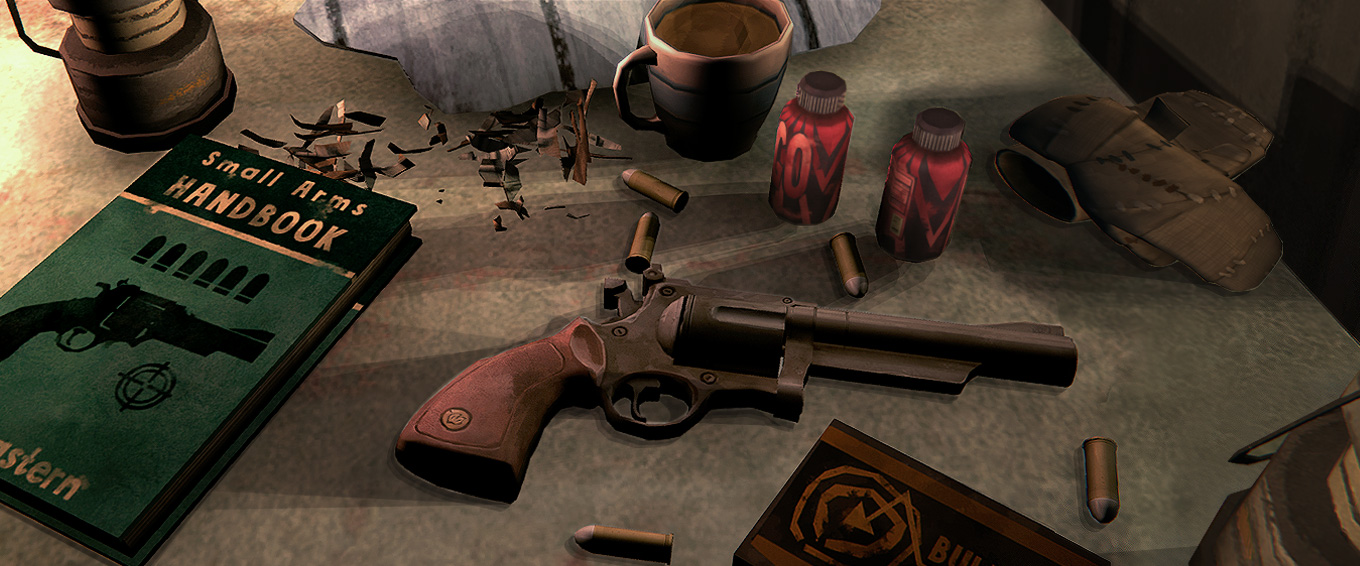


They are (1) conditions encouraging heat loss, (2) mechanical or physical impedance of circulation to the extremities, and (3) problems that decrease the ability of a person to cope with the cold. Three types of individual physical and health factors can contribute to frostbite. Pursued by a relentless enemy in the dead of winter, driven onward without food, water, rest, adequate clothing or footwear, many thousands of troops suffered frostbite or froze to death. Most classic is the saga of the Napoleonic forces fleeing Russia (1812–13). Armies that suffered as much from the cold as from the enemy include Xenophon’s Greeks in Armenia (400 bc), the Swedish troops of Charles XII in Ukraine (1708), and the army of George Washington at Valley Forge in America (1777–78). How much do you know about human anatomy? How about medical conditions? The brain? You’ll need to know a lot to answer 44 of the hardest questions from Britannica’s most popular quizzes about health and medicine.Īll too impressive is the injury and death toll from cold during time of war. Thus ice fishermen, hunters, campers, mountaineers, and others exposed to wind and low temperatures may become victims of frostbite. High-velocity wind blowing away the insulating air cover, as well as the wetting of the skin, hastens the outward transfer of heat. Without adequate food, clothing, or shelter, heat is lost successively from the interior of the body to the skin, to the layer of still, insulating air surrounding the skin, and finally to the ambient cold air. Conditions conducive to frostbiteįrostbite can occur whenever the ambient temperature falls below 0° C (32° F). If not relieved, these conditions lead to disruption of the blood corpuscles, thrombosis (clotting) within the small blood vessels, and tissue gangrene. The freezing-thawing process causes mechanical damage to cells (from ice), tissue dehydration, and local oxygen depletion.

#WTFact Videos In #WTFact Britannica shares some of the most bizarre facts we can find.
Demystified Videos In Demystified, Britannica has all the answers to your burning questions.Britannica Classics Check out these retro videos from Encyclopedia Britannica’s archives.


 0 kommentar(er)
0 kommentar(er)
